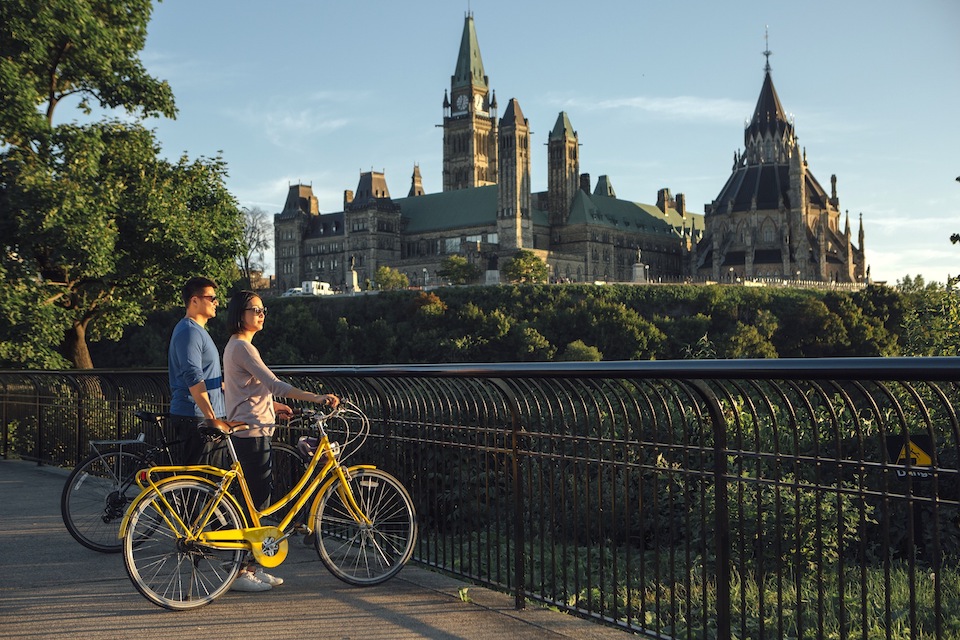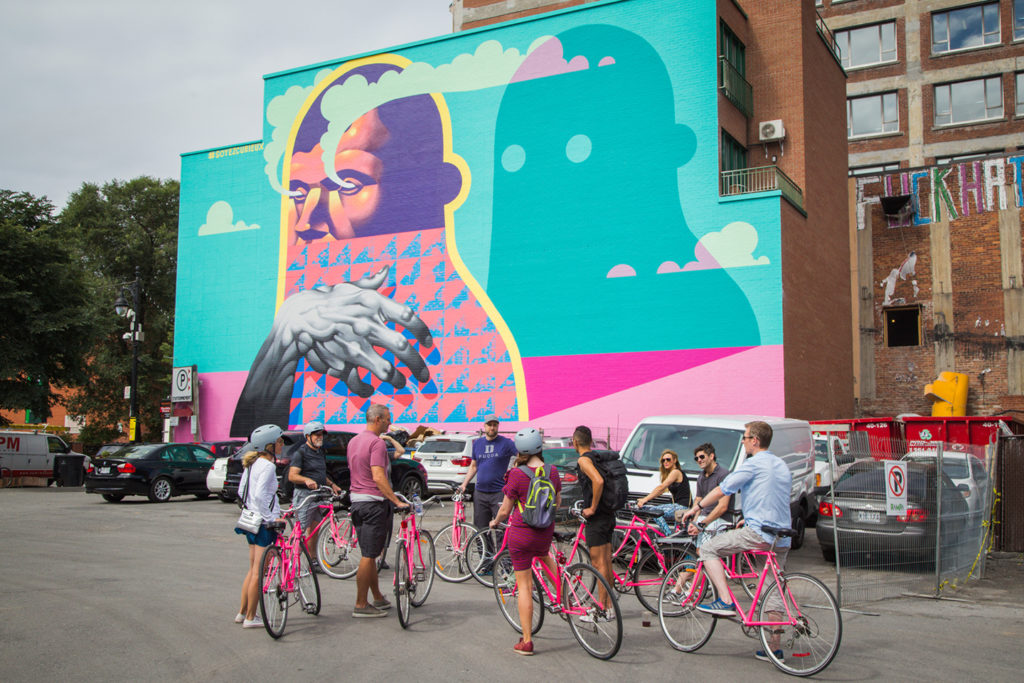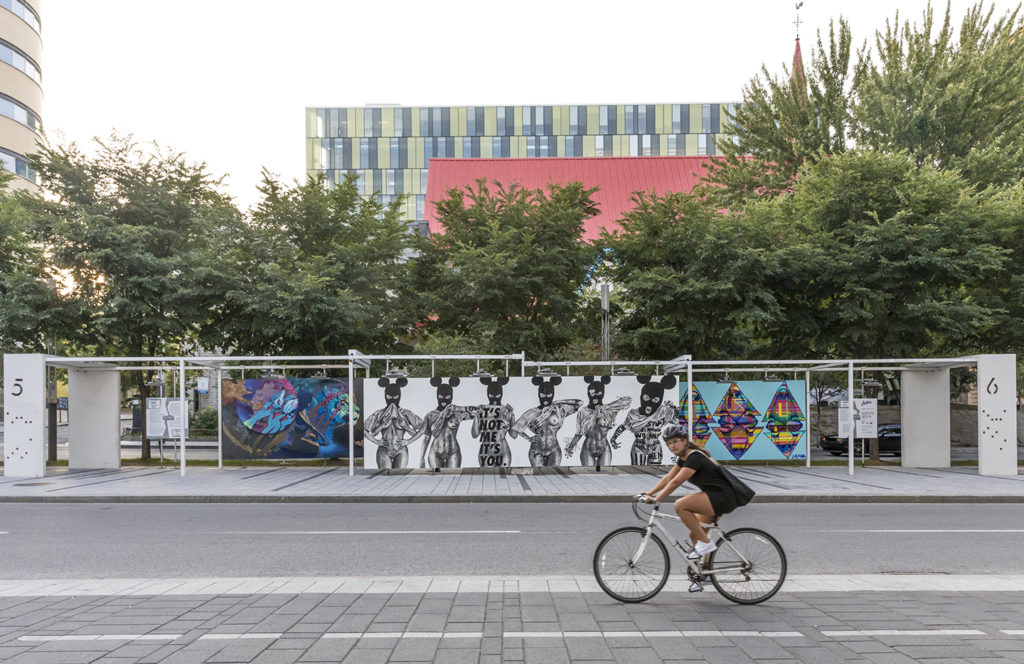
• Flip Book • eNews • eAdventures • eCities • eBikeTypes • eRoad • eMTB • eUrban • eCargo • eBikeTests •

• Flip Book • eNews • eAdventures • eCities • eBikeTypes • eRoad • eMTB • eUrban • eCargo • eBikeTests •
March 31, 2021 - Montréal is regularly recognized as one of Canada’s most bicycle-friendly cities. It is currently ranked as the world’s 18th best cycling city by the Copenhagenize Index, and is the only Canadian city that has been included on the Index every year since its launch in 2011.

Montréal was also the first city in Québec to receive a Gold designation through Vélo Québec’s Bicycle Friendly Community program in 2019.
A big part of what makes Montréal so bike-friendly is its growing network of cycling infrastructure.
In 2020, the network surpassed 1,000km with the addition of 34km of new facilities. Because Montréal is a winter city, 76% of the cycling network is cleared of snow every winter. This year-round infrastructure has played a big role in growing cycling rates, with counts showing a 415% increase in winter cycling since 2015.
And the city is not stopping there.
Montréal is now building a 184km “Express Bike Network”, or Réseau express vélo (REV) as it is known in French. The REV will comprise unidirectional cycle paths that are between 2.3 and 3 metres wide. The network will be separated using bollards, and traffic lights will be synchronized to facilitate the movement of cyclists. Construction is underway, with 20km already installed in 2020.

Montréal was also an early leader in public bike share, launching its system in 2009. The BIXI bike share system currently includes 611 stations and over 7,000 conventional bikes. This past year, 1,000 e-bikes were added to the bike share system, and the bikes are proving to be quite popular. Reports show that e-bikes are being used 60% more often than conventional bikes, and the system plans to add another 1,500 e-bikes over the next two years.
Electric cargo bikes have been hitting the streets as well thanks to the Colibri project in conjunction with Purolator that seeks to reach net-zero emission on its fleet by 2050. Approximately 5,000 deliveries are being made each week by e-cargo bikes.
With a new provincial rebate of up to $2,000 on the purchase of an e-cargo bike, they are likely to be a growing presence on the road again in 2021.